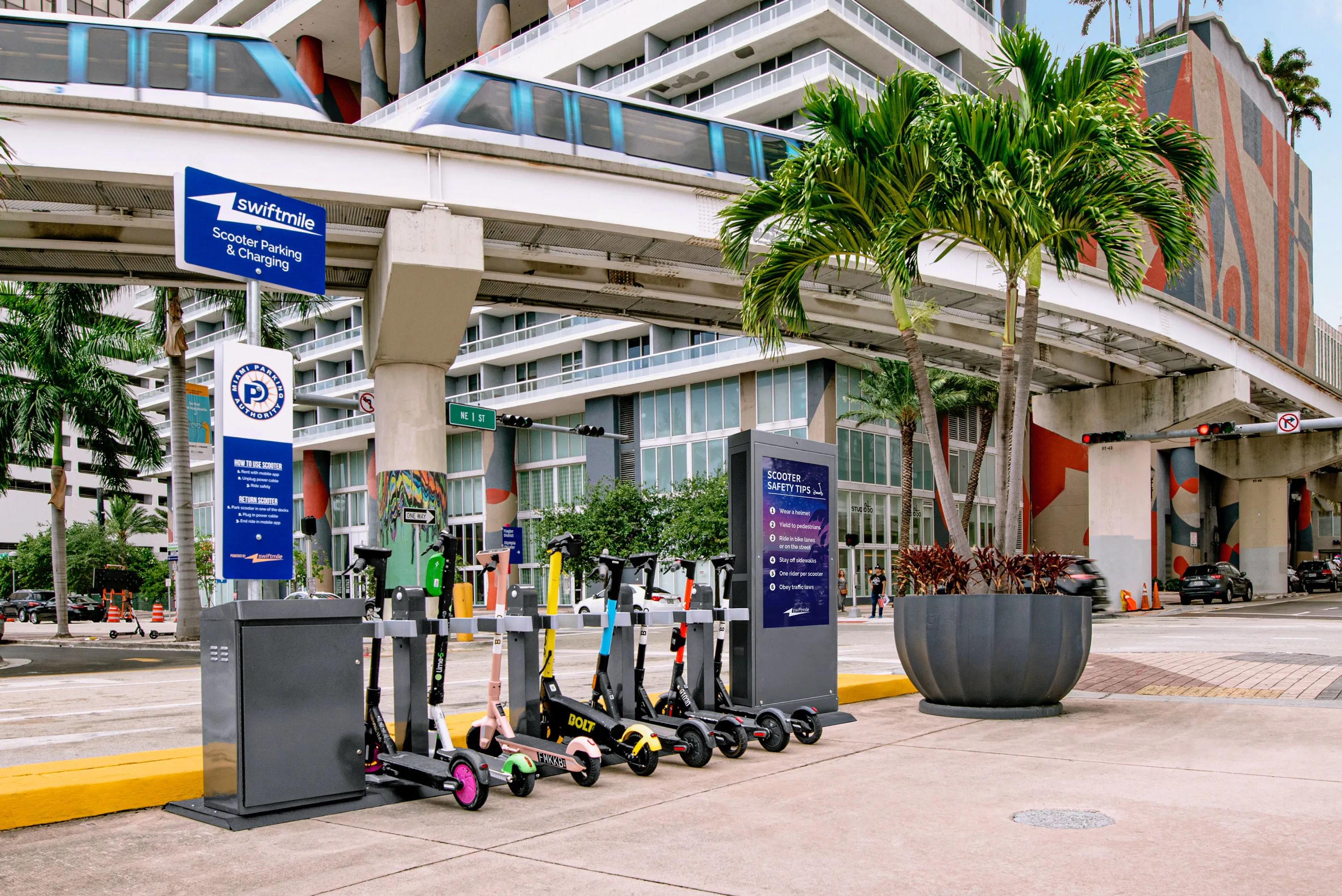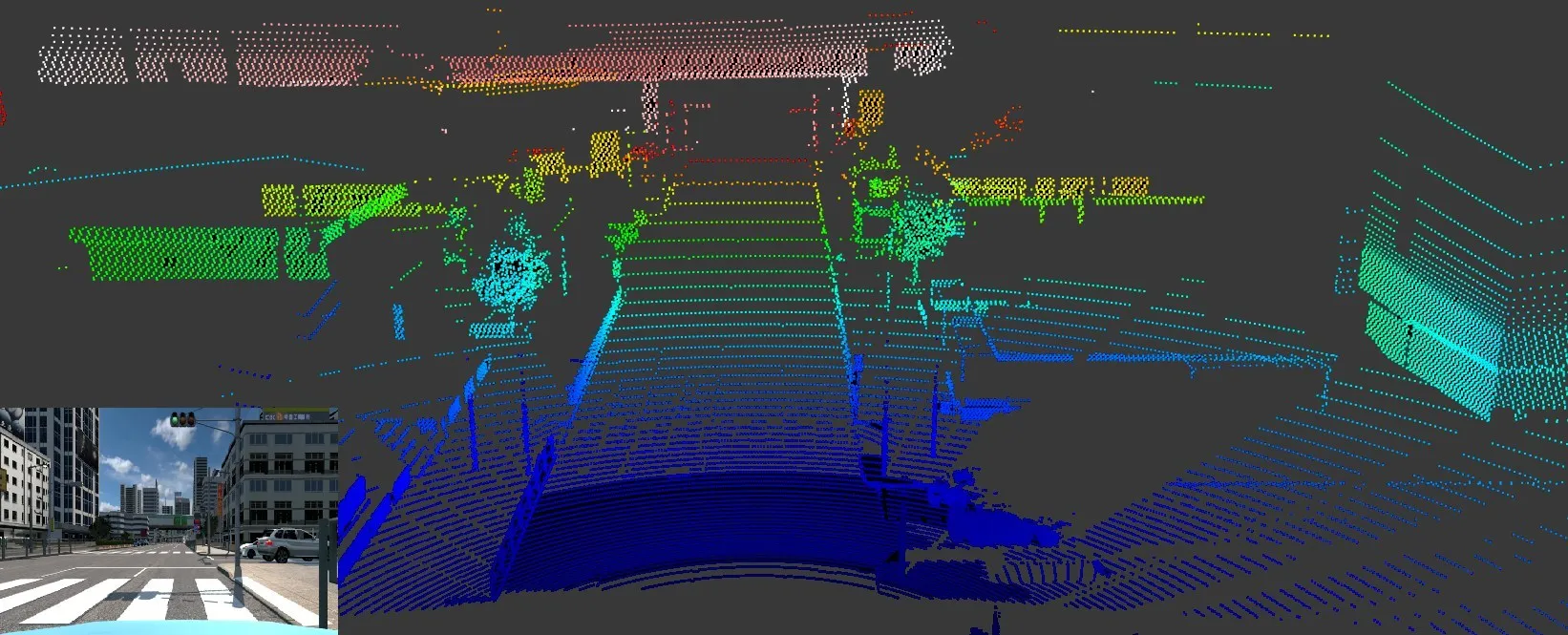
TRL (Transport Research Laboratory) is to help establish a blueprint to address the ability of highway infrastructure to support connected and automated driving (CAD).
TRL says the C/AV-ready framework (CRF) will provide a common vision for improved engagement between national road authorities (NRA), service providers and OEMs.
It will include tools to help NRAs understand the costs and benefits of delivering different types of infrastructure service to support CAD, the laboratory adds.
TRL is developing the framework under the Digital Road for Evolving Connected and Automated Driving (DiREC) project. This two-year programme seeks to provide a clear picture of the risks, opportunities, impacts, responsibilities, and liabilities surrounding CAD, outlining a roadmap to address these alongside the tools to measure the progress being made towards connected and autonomous vehicle-ready networks.
TRL chief technologist Alex Wright says: “DiREC provides a framework for NRAs to develop innovative strategies to meet the challenges presented by connected and automated driving on their networks. We believe that establishing a C/AV-ready framework will put the spotlight on what is important to NRAs and their partners when planning the adaptation of their own infrastructure.”
“The CRF will establish a clear pathway to help NRAs and other stakeholders make measurable progress to achieve their goals for infrastructure that is ready for CAD,” Wright continues.
“Through this programme we will help NRAs to prepare for the requirements in a targeted and proactive manner.”
Other members involved in the project include Technische Universiteit Delft, Forum of European National Highway Research Laboratories, Arup and the Technical Research Center of Finland.









